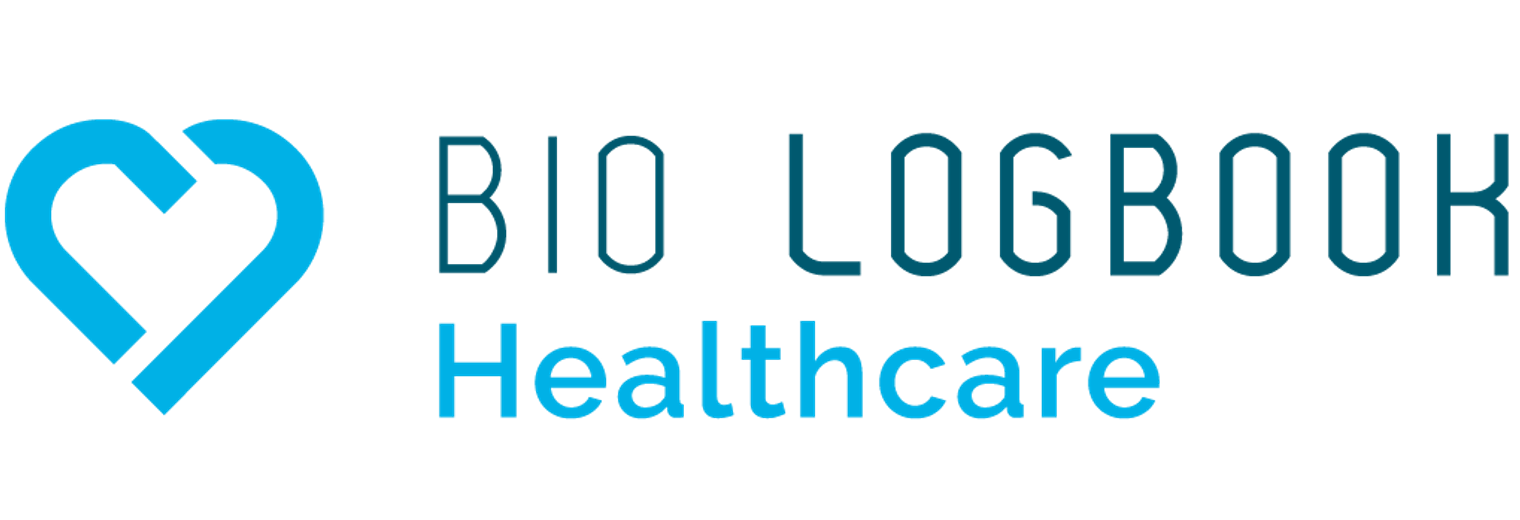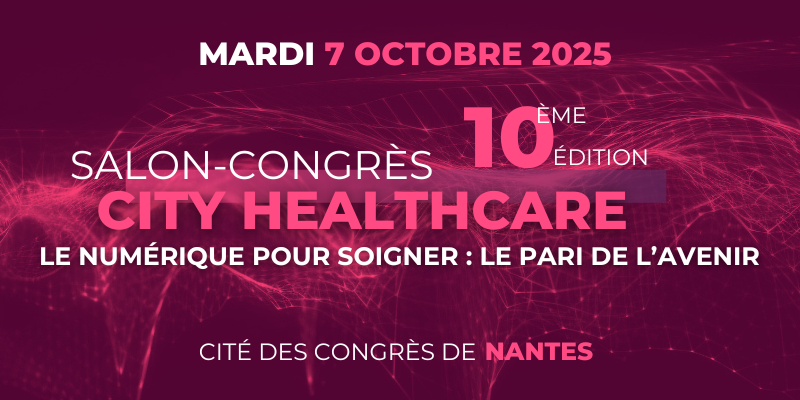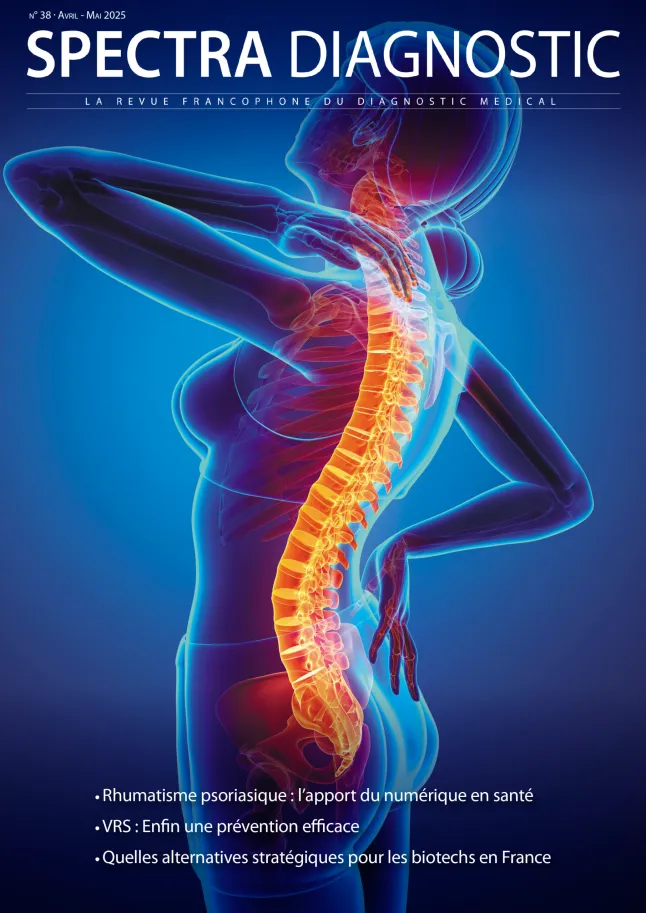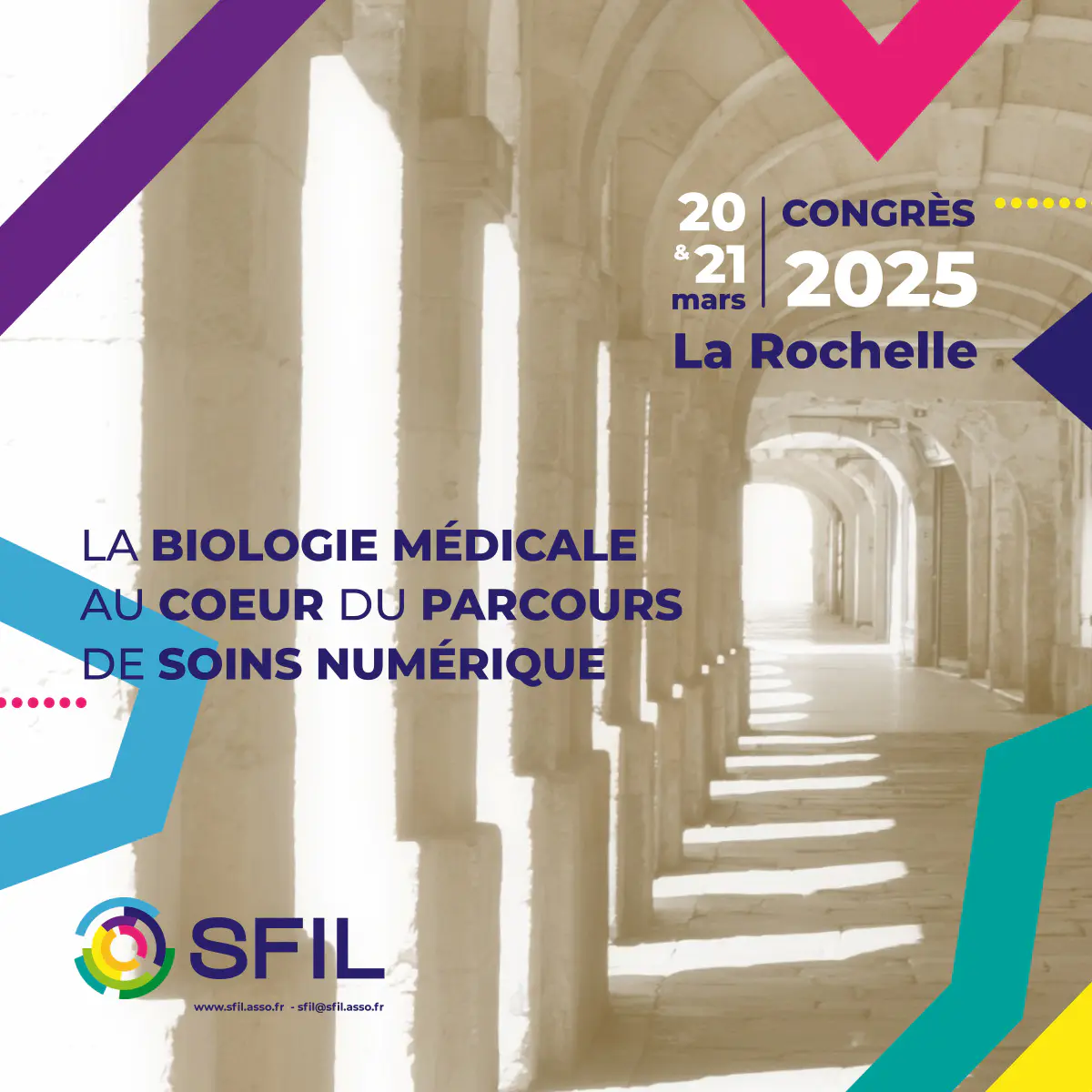Bio Logbook: Nantes-based deeptech start-up revolutionizing medical diagnostics.
An innovative approach to more accurate diagnosis (Ouest-France article)

Promising collaboration to revolutionize CKD treatment
Bio Logbook is a Nantes-based start-up developing an innovative statistical methodology to improve medical diagnosis. Founded in 2018 by Ronan Boutin, a physics engineer, the company relies on the concept of "drift" to anticipate the occurrence of chronic and low-noise diseases.
Bio Logbook's technology enables doctors to identify at-risk patients earlier and better understand complex diseases. This can lead to earlier interventions, better patient care and reduced healthcare costs.
Partnerships with key players in the healthcare sector
Bio Logbook works with leading university hospitals (CHU) and research laboratories to collect data and develop its algorithms. The company is also an active member of the Les Deeptech community, a Bpifrance initiative supporting French deeptech start-ups.
A promising future for Bio Logbook
Bio Logbook has already raised funds and plans to double its workforce by 2024. The company is also developing a beta test to detect those most at risk of developing a severe form of Covid-19.
Live from Bio Logbook.
Find out about our latest news, collaborations and study projects.









